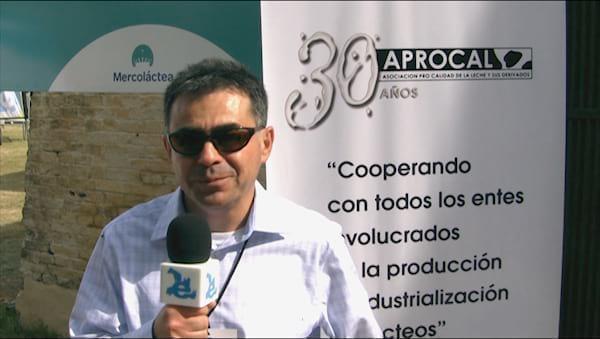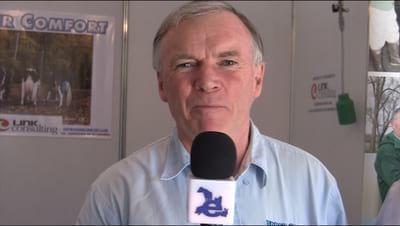Mastitis Control Plans. P. Ruegg (University of Wisconsin)

Hi,
While listening to the brief interview of Ms. Pamela and her-five point control measures for the control of mastitis globally, I am tempted to point out that her first point on the cause of mastitis as infectious agents is misplaced. Here it will not be out-of-place to mention that quite a large number of mastitis cases are sterile as no infectious organisms are isolated from milk/ secretion. Then, how to account for that? Actually, the usually isolated organisms from mastitic milk (Strept. Staph. Escherichia etc) are environmental pathogens which attack the udder tissue only after the injury has been inflicted at the site.This injury in udder's secretory tissue is the most crucial aspect for subsequent development of mastitis. The injury is caused by free calcium due to deficiency of Citrate in milk (for details please read our full article on 'Patobiology, etiology and treatment of mastitis in buffalo", in Engormix and following discussion).
The other four points for the control of mastitis as 1. Monitoring health of individual teat of each cow is really important which can be done by determining the pH of milk/secretion. The normal pH of milk is ~6.50 and in mastitis it varies from 7.00-9.00. Also determination of citrate content in milk is very crucial as it plays a very crucial role in lactogenesis and maintatenance of pH in udder. The other points regarding cleanliness, dry-cow-therapy, culling of chronically affected animals and curable control measures are important but secondary in nature. Moreover, when the pH and citrate content in udder is maintained at the optimal levels these secondary infectiuos agents shall be scavenged off. This happens due to the fact that these organisms can not establish in the udder at slightly acidic pH and without any injury in the area. Hence, the best treatment/control of mastitis globally would be to maintain the normal environments in the udder by feeding citrate and monitoring pH by graded pH papers or pen pH meter. These tests are easy, cheap, desirably realiable, no milk wastage, no culling and can be handled by the farmers at the farm itself. Citrate is a normal and very essential component in citric acid cycle for synthesis of fat and other components of milk and would be a landmark for producing organic milk.
Furthermore, talking globally, many countries like India, Pakistan, West Indies, New Zeland etc., have started adopting treatment with trisodium citrate orally and I/V in clinical cases. Moreover, a number of pharmaceuticals have come-up with formulations containing trisodium citrate as the main component recommended for mastitis control in bovines. Hence, it has become desirable to adopt mastitis treatment with this salt in the interest of dairy industry which has,thus far, been shadowed by the hubris of multinational pharmceutical corporate globally.
With regards Dr K S Dhillon and Dr Jasmer Singh











.jpg&w=3840&q=75)



